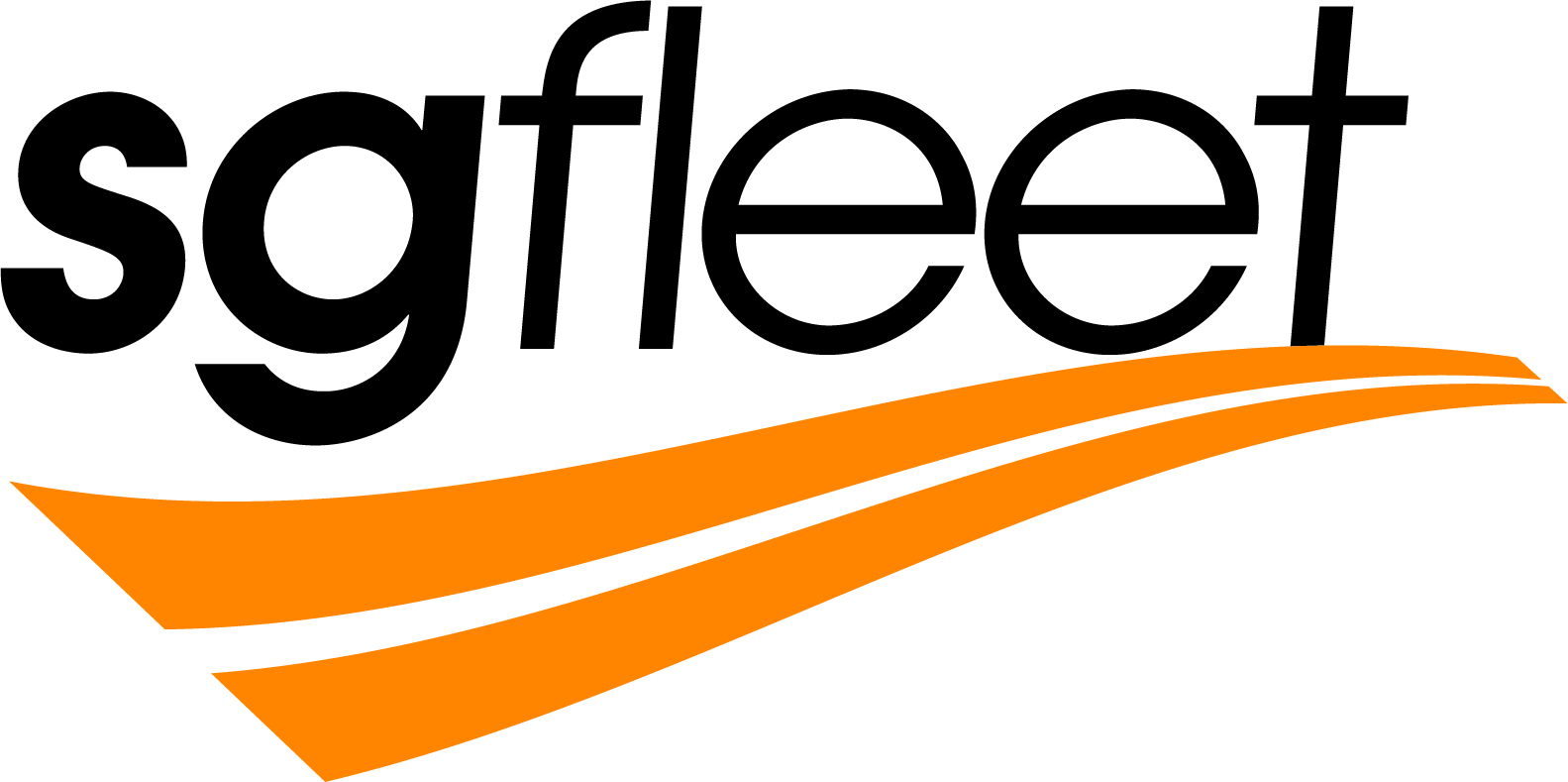
Case Study: Fleet Management
SG Fleet is a leading provider of fleet management, vehicle leasing, and salary packaging services across Australia, the United Kingdom, and New Zealand. Operating since 1986, SG Fleet employs approximately 1,300 staff and manages over 270,000 vehicles. They have worked with Climate Zero since 2019.

Company size
1,300 employees
270,000 vehicles
Industry
Fleet Management
Locations
Australia
New Zealand
United Kingdom
Company size
1,300 employees
270,000 vehicles
Industry
Fleet Management
Locations
- Australia
- New Zealand
- United Kingdom
SG Fleet initiated its sustainability journey in 2019 by forming a Sustainability Committee. The company subsequently released its first Sustainability Statement in 2021, followed by a comprehensive ESG Strategy in 2022 and a revised Environmental Policy in 2023.
Introduction
- Significantly accelerating the transition of their owned fleet to low and zero-emission vehicles, with an increase from 10% to 35% in one year.
- Implementing initiatives to encourage sustainable commuting, including carpooling programs, the provision of electric bikes, and the installation of bicycle storage facilities at its offices.
Objective
A key challenge for SG Fleet in understanding its carbon footprint was data management, and dealing with ownership of its emissions data. This was heightened by data located in multiple places for multiple countries, and relying on spreadsheets and consultants for external reporting.
There was the potential for data loss and errors during data handling and calculations using spreadsheets.
Solutions
With use of the Climate Zero software being managed by the ESG Coordinator, SG Fleet has seen improvements in the consistency of their data entry across the board. With the Climate Zero team providing plenty of hands-on training and support from the get-go, as well as streamlined software, there are no missing data entries and no unnecessary double-handling when it comes to reporting and providing information to auditors.
ESG Coordinator Rosie Dahill kindly provides her direct feedback below.
Intuitive software that doesn’t rely on consultants:
“Due to the transparent emissions calculations and data management and tracking in the software, our need for consultants to prepare for auditing is reduced. As long as we have entered all the data we will be able to accurately see our emissions profile for each location and as a group.”
Easy to use bulk uploads:
“A simple bulk upload feature, like Climate Zero’s, is really important because we have a lot of data coming in, especially for sources like flights and hotels. If I had to go through and input it one by one, that would be a deal breaker.”
Monitoring emissions data on a regular basis:
“Even outside of the reporting year we can see quarter by quarter (or month by month) what we need to improve, what emissions are likely to go up or down. The ability to utilise the software regularly internally means that we’re not playing catch up at the end of the financial year.”
Ability to filter data by country:
“Being able to split up the data from New Zealand, Australia and the UK is really important for us. I have to report in the three countries separately and then all together. Being able to isolate the data is really helpful, removes the need to manipulate and filter and ultimately prevents any mistakes from manual data handling.”
Dashboards showing trends in usage and highlighting errors:
“The dashboards provide a clear picture of how things are going. I can easily see anomalies. Recently I noticed unusual fluctuations in renewable electricity use. This resulted in uncovering omissions our electricity contract that we were able to rectify promptly.”

Results
Since implementing the Climate Zero software, SG Fleet have found a flow for managing their data entry, with a greater sense of purpose and collective enthusiasm for tracking their emissions.
“The finance team and the executives are now all on board with this given the importance of the upcoming ASRS reporting standards”, Rosie said.
SG Fleet are confident in the Climate Zero software, and feel that it offers everything their business needs to understand and manage their carbon emissions. When asked about her thoughts on what improvements could be made to the Climate Zero software, Rosie stated:
“I don’t actually think that anything could be improved. I think you guys have thought of what I could have said before I even said it.”
Upcoming climate reporting
SG Fleet has a culture of caring about its sustainability goals, and has systems in place to put it in the best possible position for the Mandatory Reporting that will be rolled out in Australia within the next five years.
“Because of the reporting standards coming into Australia there is a greater focus on data. The fact that we already have a system set up, means we can check that the data is being uploaded regularly and it’s all there. That will greatly simplify the audit process every year”, Rosie said.
Conclusion
SG Fleet has implemented changes before they are legally obliged to, and in doing so has given itself time to iron out the kinks and feel confident that its emissions are being accurately captured. This kind of foresight positions SG Fleet as a leader in the fleet management industry.
SG Fleet’s successful transition to the Climate Zero software is in part due to the training and support provided, as well as the streamlined software updates that enable users to efficiently manage data.
